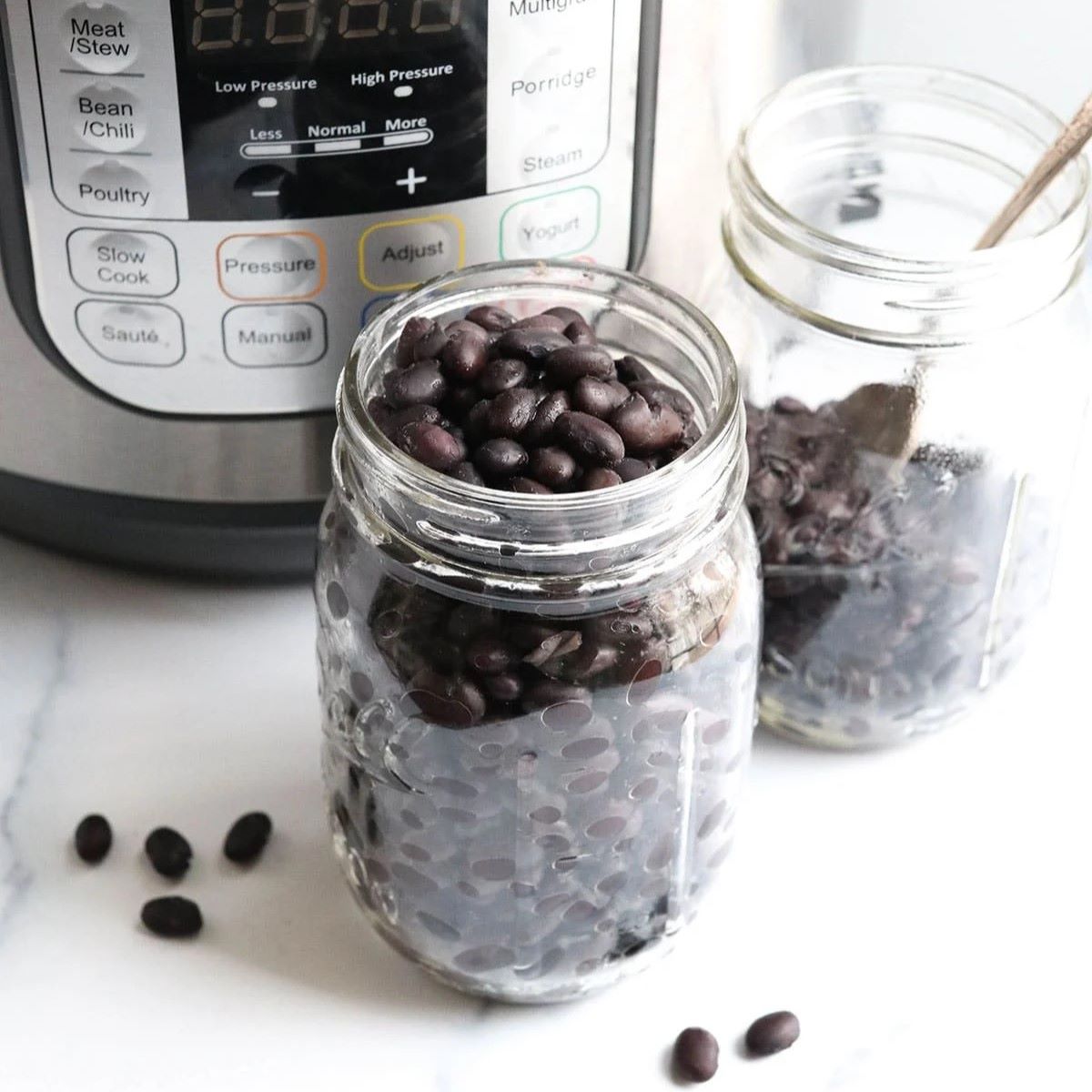

Articles
How To Store Black Beans
Modified: April 22, 2024
Learn the best methods and tips for storing black beans in this informative article. Keep your black beans fresh and ready to cook for longer durations with these storage techniques.
(Many of the links in this article redirect to a specific reviewed product. Your purchase of these products through affiliate links helps to generate commission for Storables.com, at no extra cost. Learn more)
Introduction
Black beans are a versatile and nutritious staple that can be found in many cuisines around the world. They are not only delicious but also packed with fiber, protein, folate, and antioxidants. Whether you have a surplus of black beans from a recent harvest or want to stock up for future use, knowing how to store them properly is essential to maintain their quality and flavor.
In this article, we will explore the benefits of storing black beans, factors to consider before storing them, proper storage containers, methods for storing black beans, checking and maintaining their quality, and tips for using stored black beans. By following these guidelines, you can ensure that your black beans stay fresh and delicious for an extended period.
Key Takeaways:
- Properly storing black beans ensures prolonged shelf life, cost savings, and dietary benefits, enhancing meal planning and nutrition.
- Choosing the right storage containers, preparing beans for storage, and checking their quality are crucial for maintaining freshness and flavor.
Read more: How To Make Black Beans In Rice Cooker
Benefits of Storing Black Beans
Storing black beans for future use comes with several benefits. Here are some of the key advantages:
- Prolonged Shelf Life: Properly stored black beans can have a shelf life of up to 2-3 years, ensuring that you always have a nutritious and versatile ingredient on hand.
- Cost Savings: Buying black beans in bulk and storing them can be a cost-effective option, especially when compared to purchasing canned or pre-packaged versions. This allows you to save money in the long run.
- Flexibility in Meal Planning: Having black beans readily available opens up a world of culinary possibilities. You can use them as a protein-rich addition to salads, soups, stews, chili, or even as the base for vegetarian burgers or dips.
- Dietary Benefits: Black beans are a nutritional powerhouse, containing high levels of fiber, protein, folate, iron, and antioxidants. Incorporating them into your meals provides numerous health benefits, including improved digestion, heart health, and blood sugar control.
By storing black beans properly, you can maximize their shelf life, save money, and have a versatile ingredient that can enhance your overall meal planning and nutrition. Now let’s explore the factors to consider before storing black beans.
Factors to Consider Before Storing Black Beans
Before you start storing black beans, there are several factors to consider to ensure their longevity and quality:
- Quality of the Beans: It is crucial to start with high-quality black beans. Choose beans that are free from any damage, mold, or insects. Sorting through the beans and removing any debris or damaged ones is essential.
- Moisture Content: Beans should be thoroughly dried before storing to prevent moisture-induced spoilage. Excess moisture can lead to mold growth or spoilage of the beans.
- Temperature and Humidity: Beans should be stored in a cool, dry place. Extreme temperatures and humidity can shorten their shelf life and affect their quality. Avoid storing them near heat sources or in areas prone to high humidity.
- Light Exposure: Exposure to light can cause black beans to lose their color and nutritional value. Store them in opaque containers or in a dark pantry to protect them from light.
- Container Selection: The choice of storage containers plays a vital role in maintaining the quality of black beans. Opt for airtight containers or bags that prevent air and moisture from entering and keep beans fresh.
- Storage Quantity: When storing black beans, it’s ideal to store them in smaller quantities rather than large batches. This allows you to use them as needed while keeping the rest in optimal conditions.
Considering these factors will help ensure that your stored black beans remain fresh and maintain their nutritional value for an extended period. Now, let’s move on to discussing the proper storage containers for black beans.
Proper Storage Containers for Black Beans
Choosing the right storage containers for your black beans is crucial for maintaining their freshness and preventing spoilage. Here are some options for proper storage containers:
- Glass Jars: Glass jars with airtight lids are an excellent choice for storing black beans. They are non-porous, which means they won’t absorb any odors or flavors from the beans.
- Plastic Containers: Food-grade plastic containers with secure lids can also be used to store black beans. Look for containers that are BPA-free and have a tight seal to prevent air and moisture from entering.
- Sealable Bags: Heavy-duty sealable bags made specifically for food storage are another option for storing black beans. Ensure they are airtight and made from food-safe materials.
- Metal Canisters: Metal canisters with airtight lids can provide good protection for black beans. However, make sure the inside of the canisters is clean and free from any rust or contaminants that could affect the beans’ quality.
When choosing a storage container, consider the size and quantity of black beans you wish to store. Ensure that the container is clean and dry before transferring the beans to prevent any contamination. It is also advisable to label the containers with the date of storage for easy tracking.
Now that you know the proper containers for storing black beans, let’s move on to the next step: preparing the black beans for storage.
Preparing Black Beans for Storage
Properly preparing black beans before storage is essential to ensure their longevity and quality. Here are the steps to follow:
- Clean and Sort: Before storing black beans, it’s important to clean and sort them. Remove any debris, damaged beans, or foreign objects. Rinse the beans thoroughly under cool running water to remove any dust or residue.
- Soak (optional): Soaking black beans overnight can help reduce their cooking time and improve their digestibility. If you prefer to soak the beans, cover them with water and let them sit overnight. Rinse well before proceeding.
- Dry Completely: Ensure that the beans are completely dry before storing them. Excess moisture can lead to mold growth and spoilage. You can air dry them by spreading them out on a clean kitchen towel or using a food dehydrator on a low setting.
- Label and Date: Label your storage containers with the date of storage. This will help you keep track of the beans’ freshness and rotation, using the oldest beans first.
By following these preparation steps, you can ensure that your black beans are clean, dry, and ready for storage. Now, let’s move on to the different methods for storing black beans.
Store black beans in an airtight container in a cool, dark place, such as a pantry or cupboard. Make sure the container is tightly sealed to prevent moisture and pests from getting in.
Read more: How To Cook Black Beans On Stove Top
Methods for Storing Black Beans
There are several methods you can choose from when it comes to storing black beans. Here are three popular methods:
- Store in Airtight Containers: One of the easiest and most common methods is storing black beans in airtight containers. Place the dried and sorted beans in a clean, dry container, ensuring there is enough space for air circulation. Seal the container tightly and store it in a cool, dark pantry or cupboard away from heat and moisture.
- Freeze the Beans: Freezing black beans is a great option if you want to extend their shelf life even further. Before freezing, ensure that the beans are fully dry. Portion the beans into freezer-safe bags or containers, removing any excess air. Label the bags with the date and place them in the freezer. Frozen black beans can last for up to a year.
- Canning: Canning black beans is another method to consider, especially if you have a large harvest or want long-term storage. Follow proper canning procedures, including sterilizing the jars and lids. Cook the black beans until they are tender, then pack them tightly into the jars, leaving some headspace. Process the jars in a pressure canner according to the recommended times for your altitude. Canned black beans can last for several years when stored in a cool, dark place.
Choose the storage method that suits your needs and preferences. Remember to consider the available space, the amount of black beans you have, and how soon you plan to use them. Now that you have stored your black beans, it’s important to check and maintain their quality.
Checking and Maintaining Black Beans’ Quality
Once you have stored your black beans, it’s important to regularly check for their quality to ensure they remain fresh and safe to consume. Here are some tips for checking and maintaining black beans’ quality:
- Inspect for Signs of Spoilage: Periodically check your stored black beans for any signs of spoilage. Look for mold, discoloration, unusual odors, or the presence of insects. If you notice any of these signs, discard the affected beans and inspect the rest for contamination.
- Rotate Stock: To maintain the freshness of your black beans, practice first-in, first-out (FIFO) rotation. Use the older beans before the newer ones to ensure that none of your beans go unused and become stale or spoiled over time.
- Keep an Eye on Temperature and Humidity: Ensure that the storage area maintains a consistent temperature and humidity level. Fluctuations in temperature and humidity can affect the quality and shelf life of the beans. Aim for a cool, dry environment to optimize their storage conditions.
- Repackage if Necessary: If you notice any signs of deterioration, consider repackaging your black beans into a new container. This helps eliminate any potential contaminants and extends their shelf life.
By regularly inspecting your stored black beans and maintaining optimal storage conditions, you can ensure that they remain in good quality. Now, let’s move on to some useful tips for using the stored black beans.
Tips for Using Stored Black Beans
Now that you have properly stored your black beans, here are some helpful tips for using them:
- Thoroughly Cook the Beans: Before using stored black beans, make sure to thoroughly cook them. Cooking not only enhances their flavor but also ensures they are safe to consume. Follow the recommended cooking times and methods for black beans.
- Bulk Cooking and Freezing: Consider cooking a large batch of black beans and freezing them in portioned containers. This way, you can easily thaw and use them for various recipes, saving time and effort in the kitchen.
- Experiment with Recipes: Black beans are incredibly versatile, so don’t limit yourself to traditional recipes. Try using them in soups, salads, burritos, tacos, stir-fries, and even as a protein substitute in baking recipes, like brownies or cookies.
- Combine with Grains: For a complete and nutritious meal, combine black beans with whole grains like rice, quinoa, or couscous. This combination provides a balanced source of protein, fiber, and essential amino acids.
- Blend for Dips and Spreads: Black beans can be blended to make delicious dips and spreads. Add some spices, garlic, lime juice, and olive oil to create a flavorful black bean hummus or spread for sandwiches and wraps.
- Soak and Sprout: If you enjoy the added nutritional benefits of sprouted legumes, you can soak and sprout your stored black beans before cooking. This process increases their nutrient availability and digestibility.
With these tips, you can make the most out of your stored black beans and enjoy their versatility in a wide range of dishes. Remember to get creative and experiment with different flavors and cuisines to discover new favorites.
Now that you have learned about the various tips for using stored black beans, let’s wrap up this article.
Conclusion
Storing black beans properly is essential to maintain their quality, freshness, and nutritional value. By following the guidelines outlined in this article, you can ensure that your stored black beans remain delicious and ready to use for an extended period.
We explored the benefits of storing black beans, including prolonged shelf life, cost savings, flexibility in meal planning, and numerous dietary benefits. We also discussed the factors to consider before storing black beans, such as the quality of the beans, moisture content, temperature, and humidity.
Proper storage containers, such as glass jars, plastic containers, and sealable bags, were highlighted as effective options to keep black beans fresh. We also covered the importance of proper preparation, including cleaning, sorting, drying, and labeling the beans prior to storage.
Methods for storing black beans, such as using airtight containers, freezing, and canning, were outlined, providing flexibility based on storage space and personal preferences. Checking and maintaining the beans’ quality was emphasized, along with the importance of rotation and maintaining optimal storage conditions.
Lastly, we provided practical tips for using stored black beans, including thorough cooking, bulk cooking and freezing, experimenting with recipes, combining with grains, blending for dips and spreads, and even sprouting for added nutritional benefits.
With these guidelines and tips in mind, you can confidently store and utilize black beans to enhance your meals and enjoy their nutritional benefits. So go ahead, stock up on black beans, and make the most out of this versatile and healthy ingredient!
Frequently Asked Questions about How To Store Black Beans
Was this page helpful?
At Storables.com, we guarantee accurate and reliable information. Our content, validated by Expert Board Contributors, is crafted following stringent Editorial Policies. We're committed to providing you with well-researched, expert-backed insights for all your informational needs.
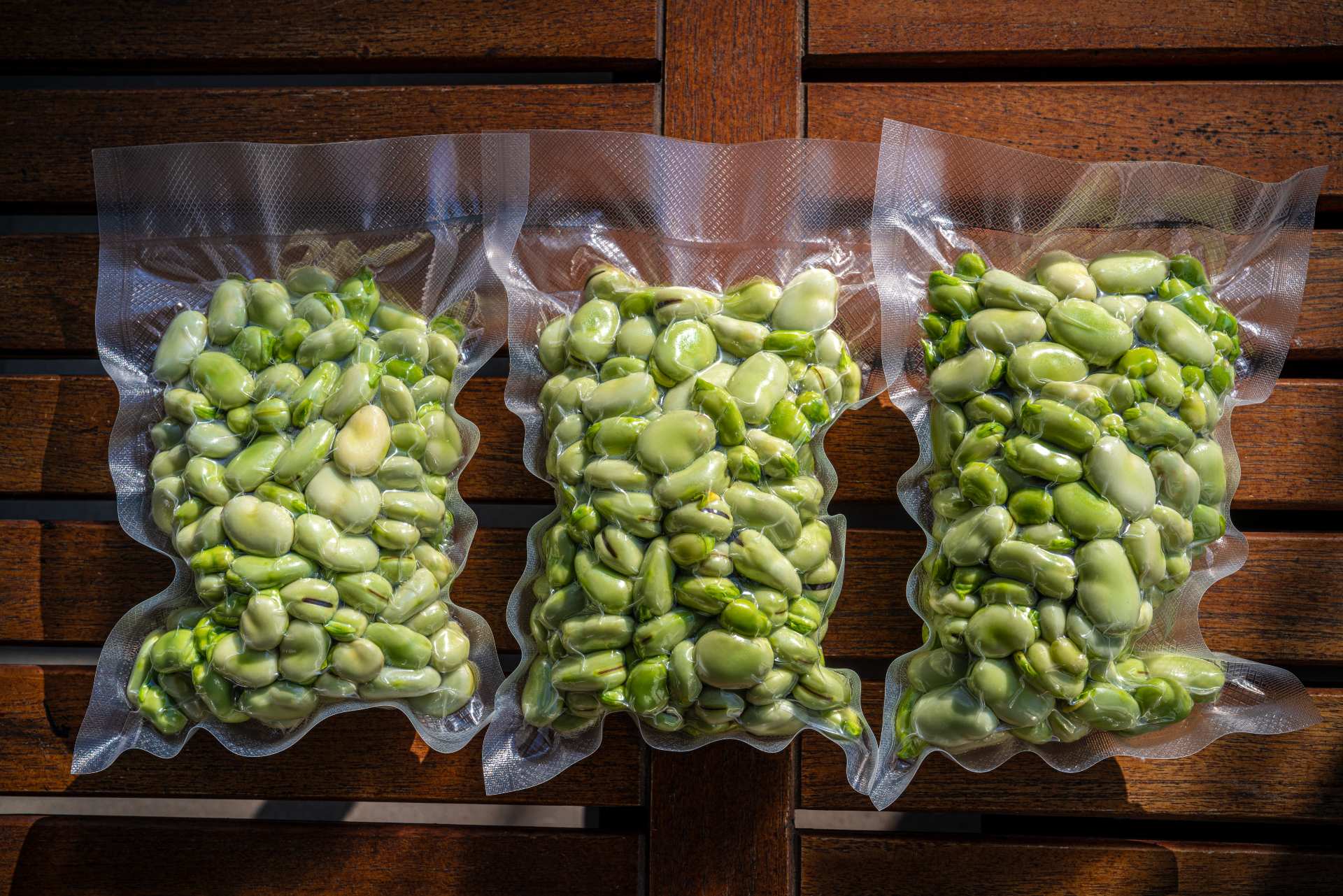
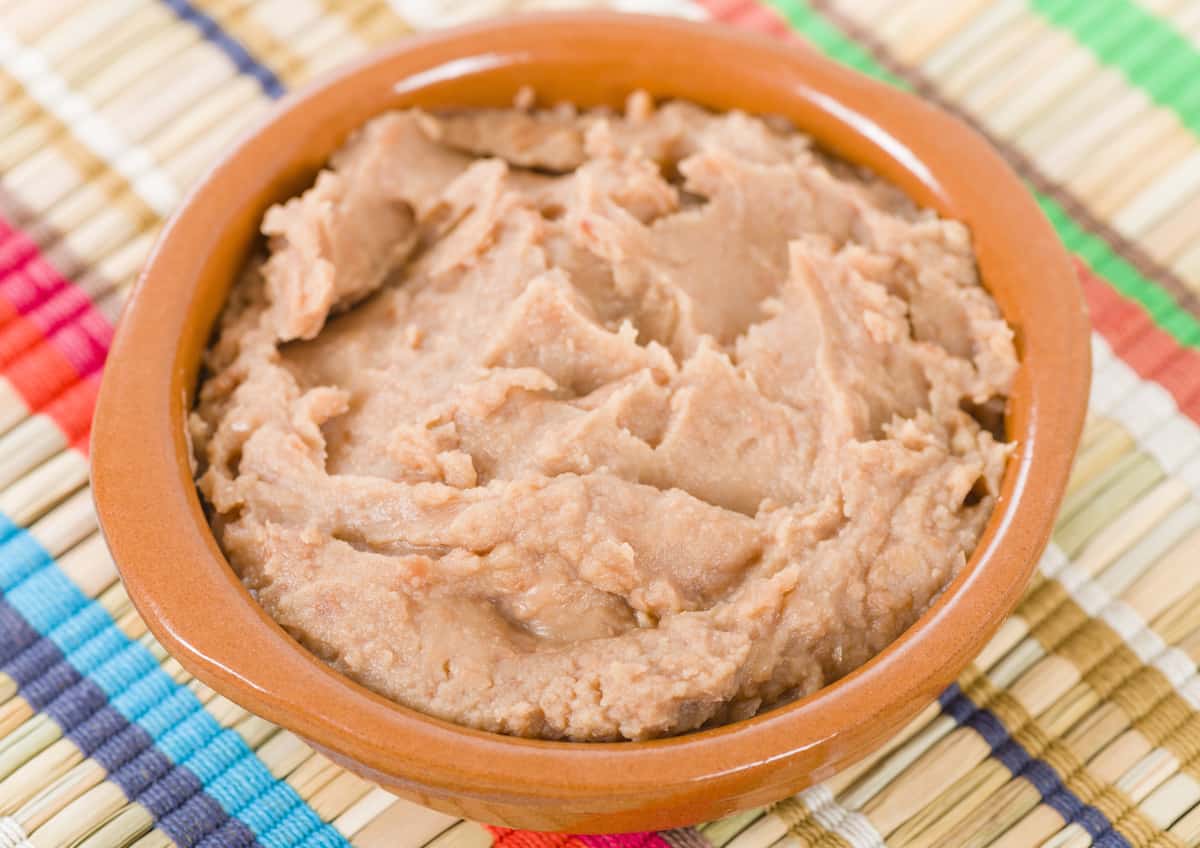

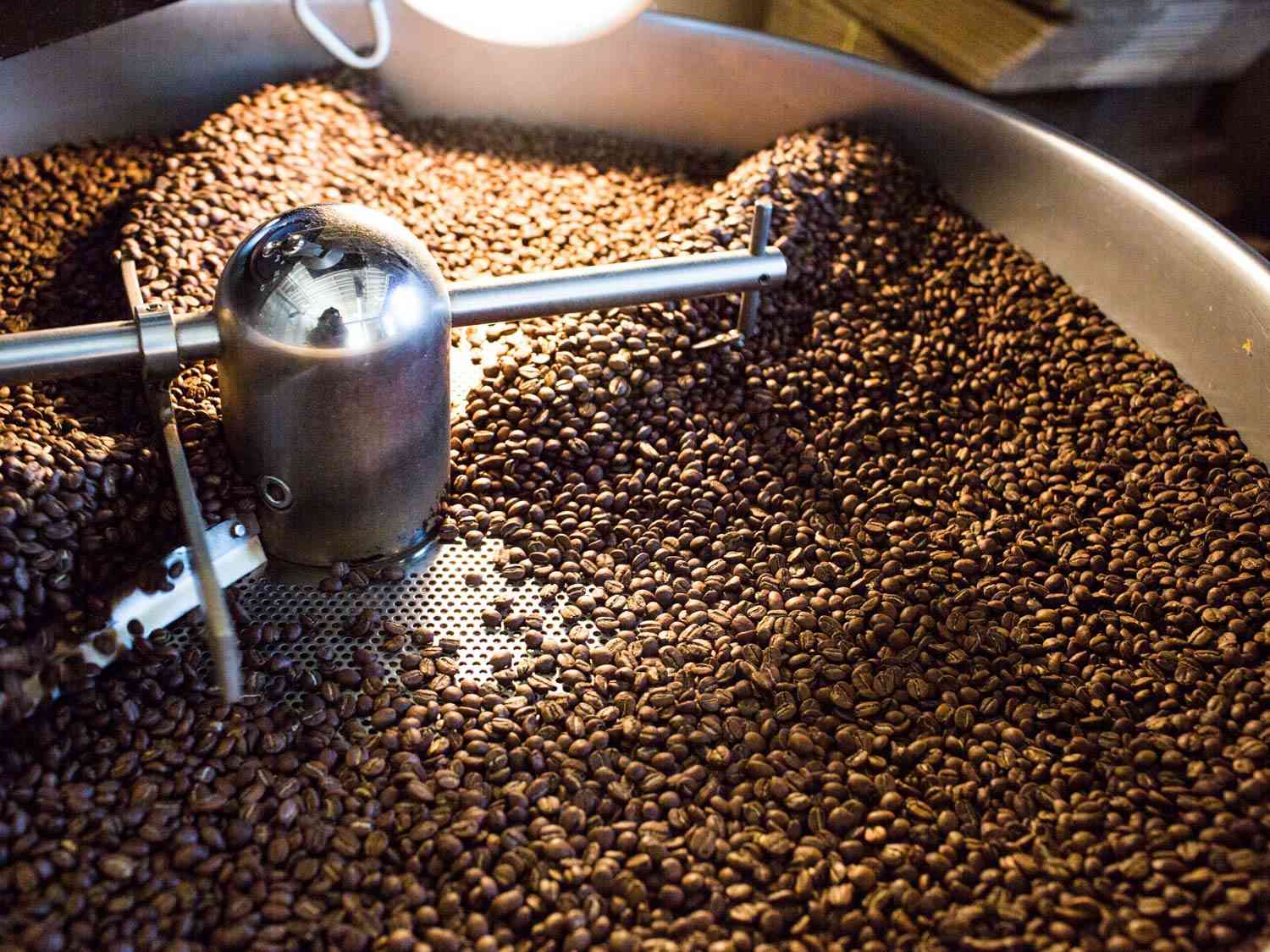
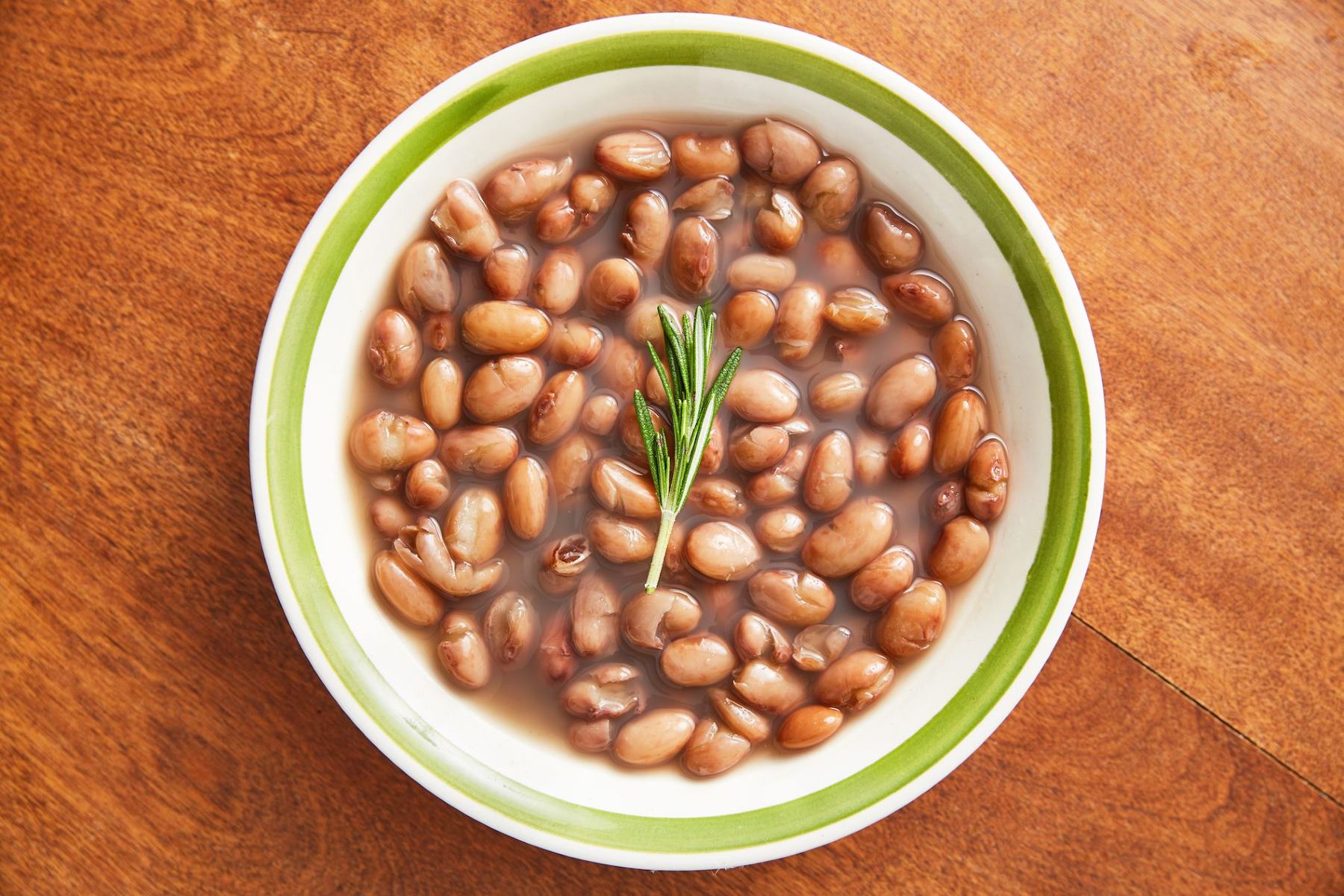
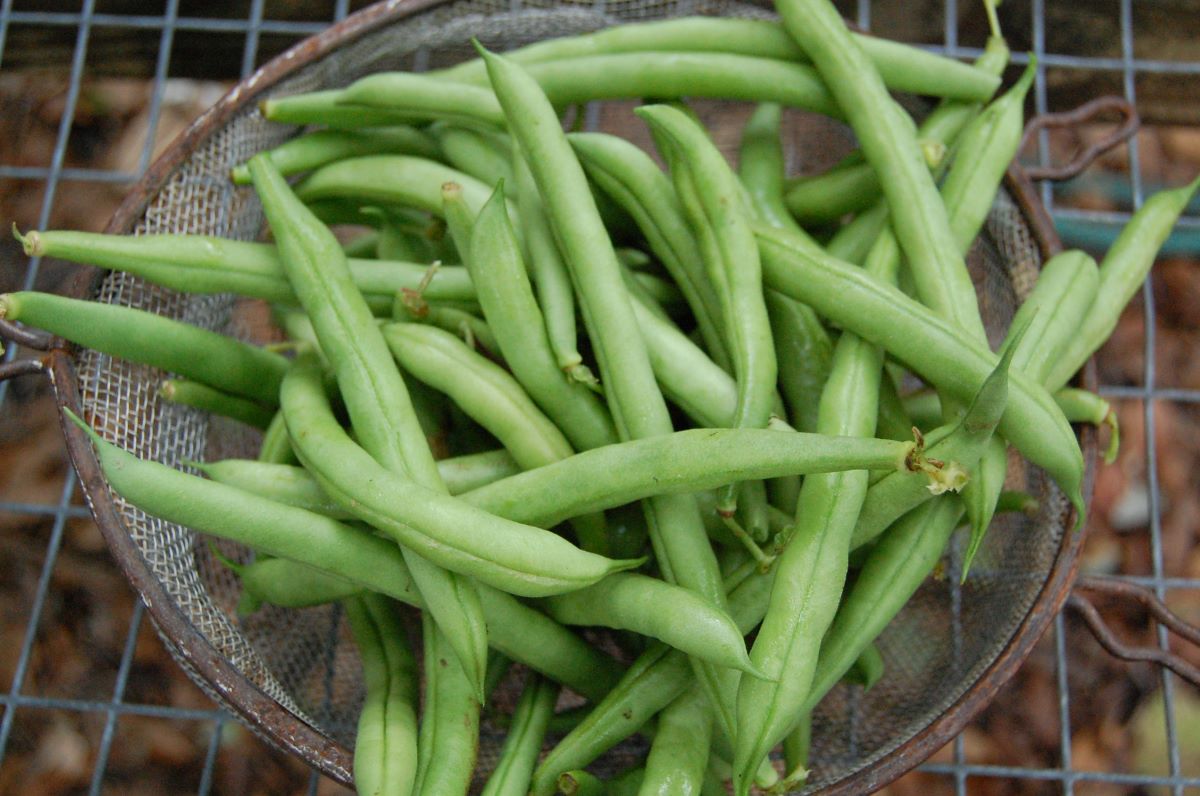

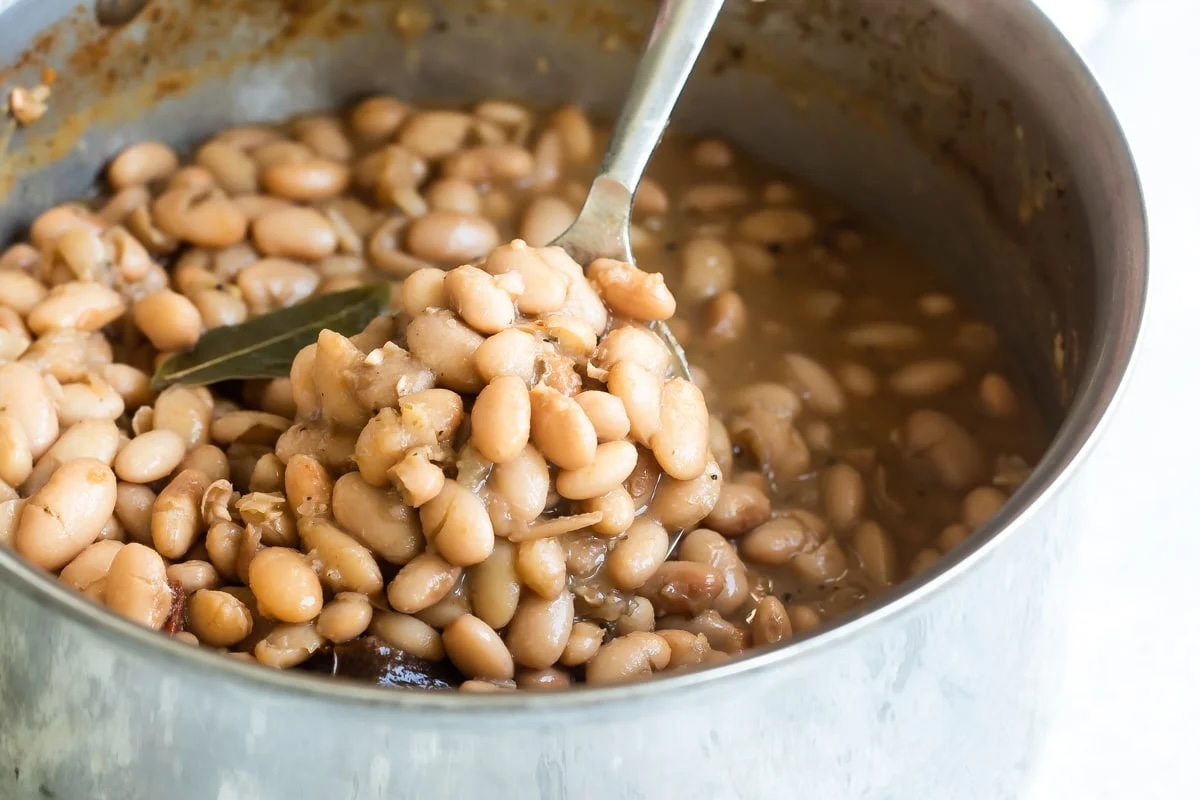
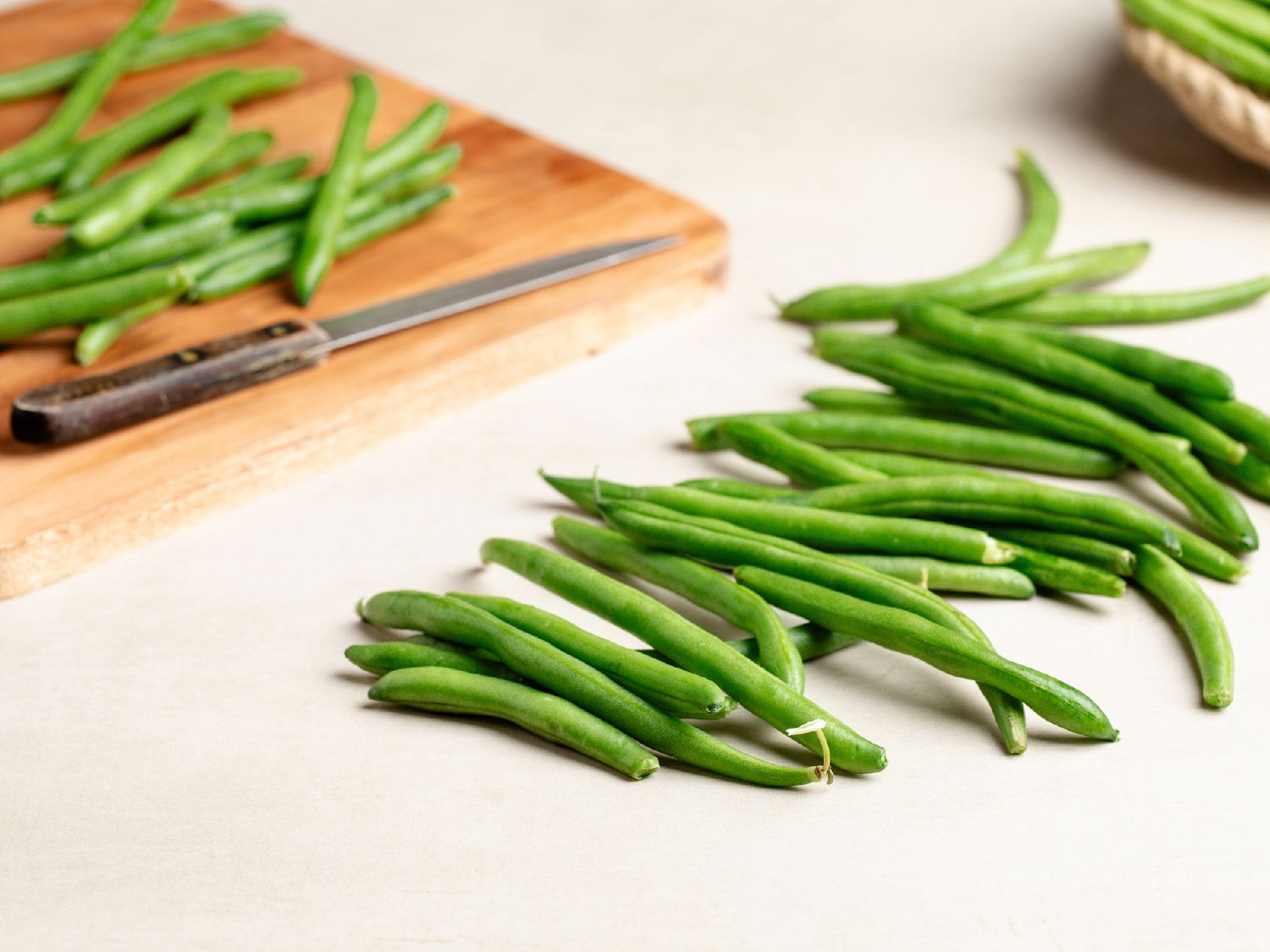
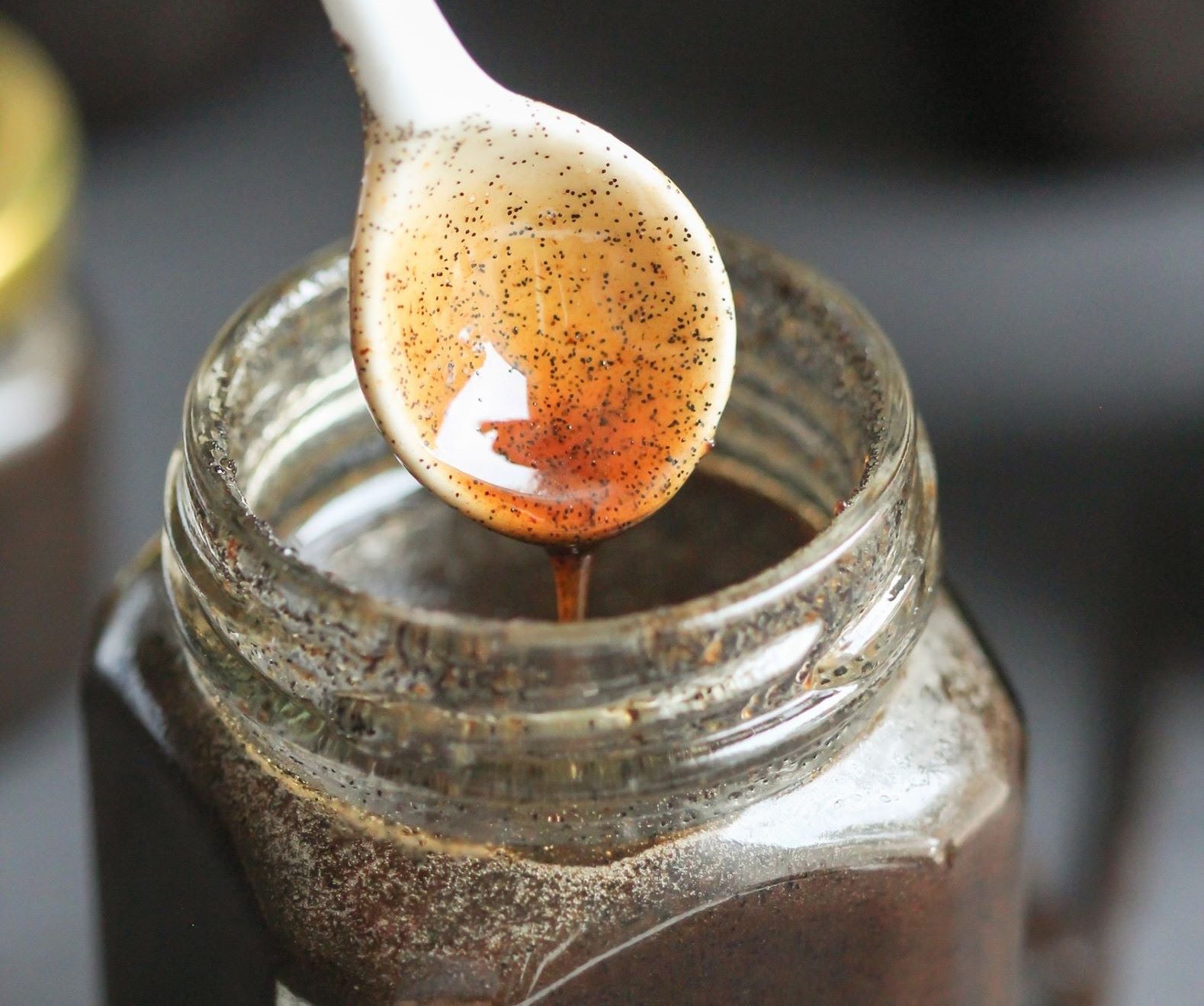


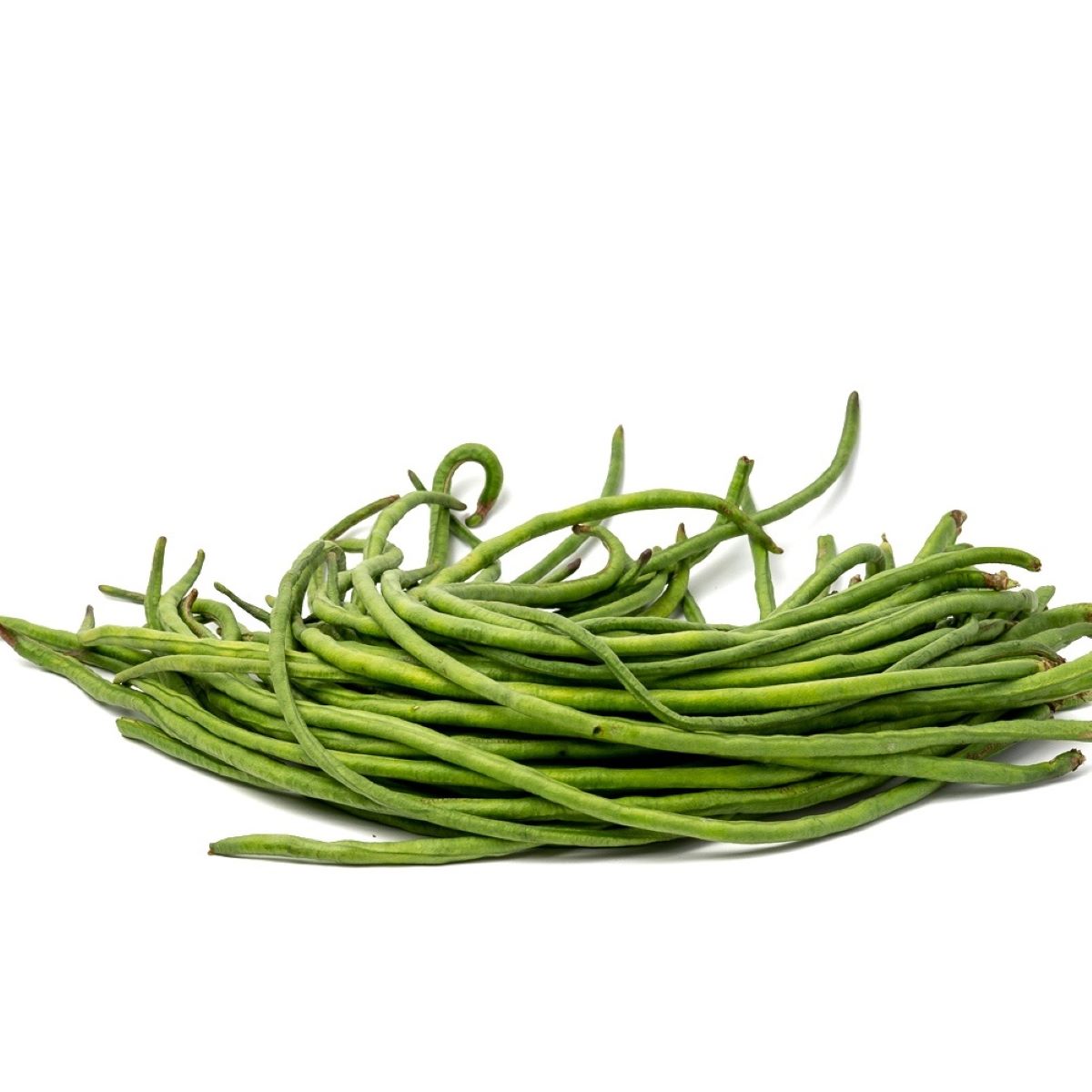
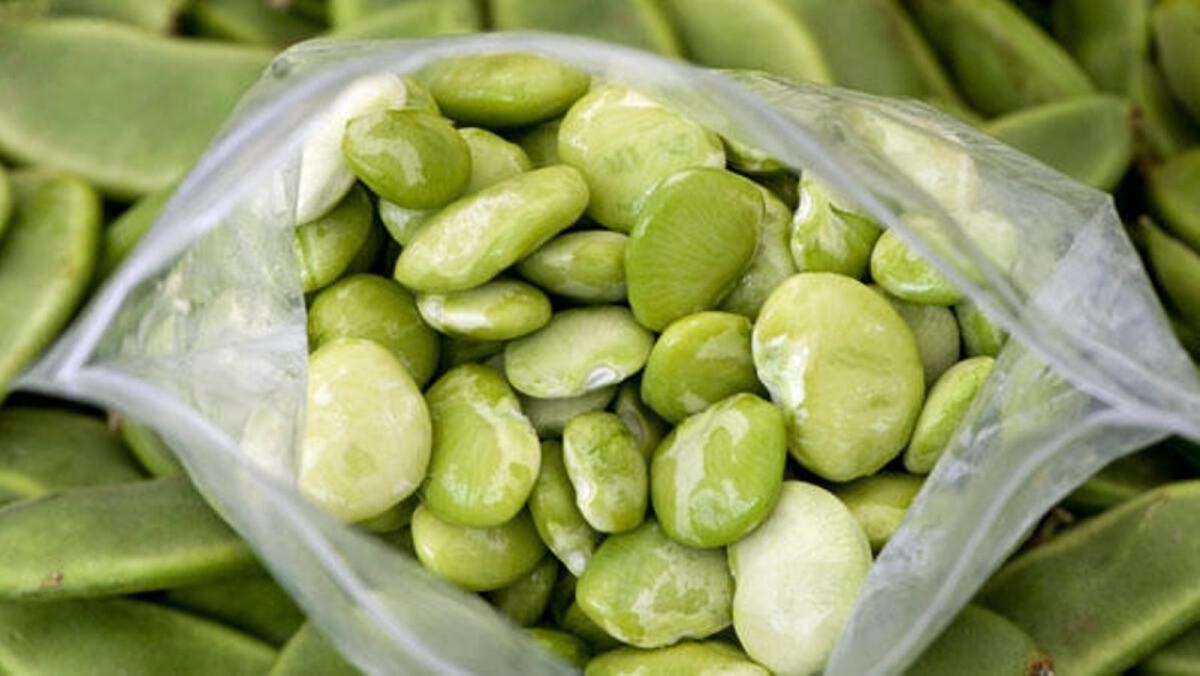

0 thoughts on “How To Store Black Beans”